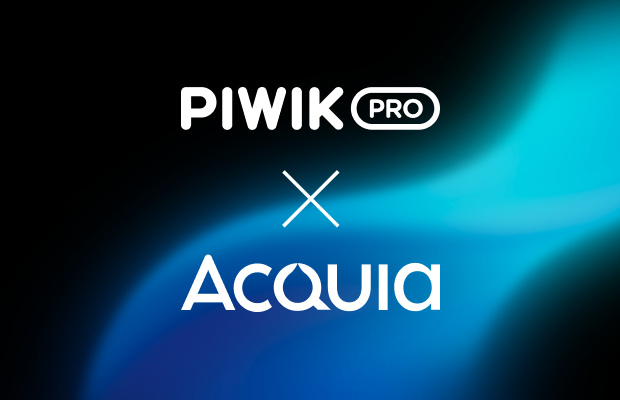Data ownership specifies the responsibilities of managing and controlling data within an organization. It determines who has access to specific datasets, who can make decisions regarding their use, and who is accountable for ensuring data quality and compliance. The precise definition of data ownership helps protect sensitive information while maximizing its value for business operations.
For more insights on data in digital analytics, check our series:
- 25 years of digital analytics with Brian Clifton: From examining log files to privacy-focused analytics
- 25 years of digital analytics with Brian Clifton: Considered an obstacle at first, privacy is now top of everyone’s mind
- 25 years of digital analytics with Brian Clifton: Being data-informed, not just data-driven










